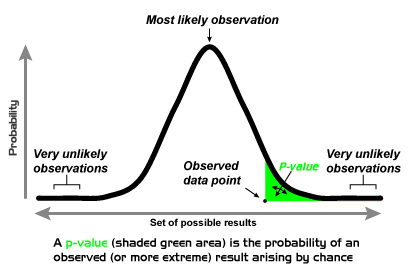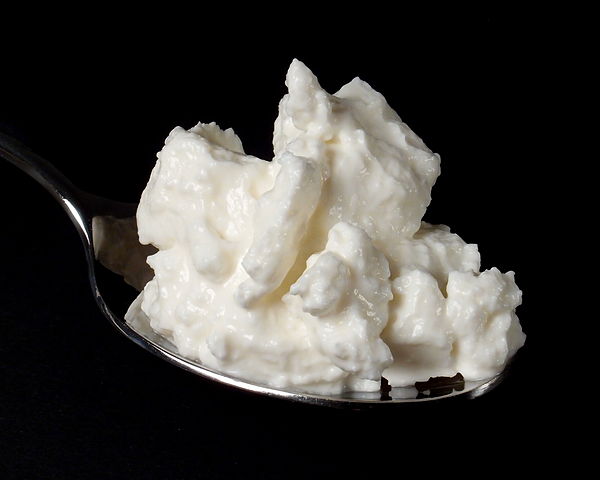- 3-minute read
- 9th April 2018
What Is a Theory?
Why do some people say that evolution is ‘only a theory’ when there’s so much evidence to support it? In short, they don’t understand how the word ‘theory’ is used in science. We see similar problems with ‘hypothesis’ and ‘significant’ in scientific writing, where these terms have meanings that don’t quite fit their everyday usage. As such, we’ve prepared this guide to the scientific uses of ‘theory’, ‘hypothesis’ and ‘significant’.
What Is a Theory?
In day-to-day life, we often use the word theory to mean an ‘idea’, usually something unproven. For example, if a friend or family member says:
I have a theory about why sharks look so angry.
You would probably assume that they’ve not based their theory on a lot of scientific research (unless they’re a shark scientist).

However, a scientific theory is an idea that has been tested repeatedly without being disproved. Consequently, there’s no such thing as ‘only a theory’ in science!
What Is a Hypothesis?
A theory starts out as a hypothesis. This term is less common in everyday life, but we do sometimes hear it used to refer to an assumption or an educated guess.
This is not far from its technical use, but a ‘scientific hypothesis’ is something quite specific:
- It should attempt to explain something
- It should be testable
The second point here is crucial for how a scientific hypothesis is phrased. For example, we could say:
Find this useful?
Subscribe to our newsletter and get writing tips from our editors straight to your inbox.
Plants grow more quickly if you play them heavy metal music.
The methodology section of the paper would then explain how to test this. And once the results are in, we would either accept or reject the hypothesis.

(Photo: fietzfotos)
What Does ‘Significant’ Mean?
In daily life, ‘significant’ means important or noteworthy. The opposite is ‘insignificant’, which means ‘unimportant’. But in scientific writing, ‘significant’ usually refers to statistical significance.
If a test result is ‘statistically significant’, it is unlikely to be due to chance. If the result could have been influenced by random variations, we say it is ‘non-significant’ (not ‘insignificant’).

(Image: Repapetilto/wikimedia)
Crucially, something can be statistically significant without being noteworthy. If we tested whether beer causes drunkenness, for example, we’d achieve high significance levels during our statistical analysis (thanks, alcohol!). However, nobody would say this is an ‘important’ insight.
Other Scientific Terms
In this post, we’ve focused on three common terms that have specific meanings in scientific writing. However, there are other words that have specialised uses. If a physicist talks about the ‘flavour’ of a quark, for example, she won’t be talking about how it tastes.

(Photo: SKopp/wikimedia)
This shows why you need to be careful with scientific terminology. If you see a familiar word used in an unusual way, look up what it means in the sciences. And don’t forget that having your work proofread by an expert can help!